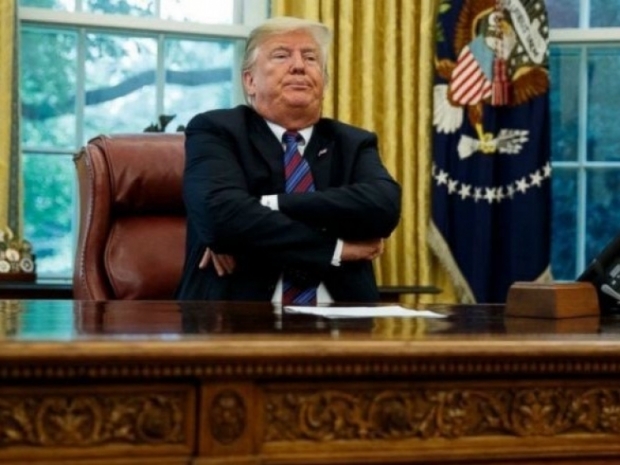Trump said that there is national security concerns and a statement released by the U.S. Department of Commerce (DoC), officials said the Chinese chipmaker posed "a significant risk of being or becoming involved, in activities contrary to the national security or foreign policy interests of the United States".
DoC officials are now barring US companies from selling any products to Fujian Jinhua, which was recently nearing completion of a new dynamic random access memory (DRAM) factory project.
Wilbur Ross, Secretary of Commerce said that when a foreign company engages in activity contrary to its national security interests, the US will take strong action to protect its national security. Placing Jinhua on the Entity List will limit its ability to threaten the supply chain for essential components in our military systems."
However digging a little into the past it would appear that the action is in defence of the US chipmaker Micron. Last year, Micron filed suit against UMC, alleging that UMC stole memory technology from the company and transferred it to Jinhua Integrated Circuit Co.
UMC countered with patent infringement lawsuits against Micron in the mainland China courts in January of 2018 and things went badly for the US. UMC announced that the Fuzhou Intermediate People’s Court of the People’s Republic of China (PRC) issued a preliminaryinjunction against Micron Semiconductor (Xi’an) and Micron Semiconductor (Shanghai), enjoining Micron from offering to sell, and selling in the PRC 26 DRAM and NAND-related items, including certain solid-state hard drives and memory sticks in China.
Micron said it will follow the ruling while requesting the Fuzhou Court to reconsider or stay its decision. The affected products make up slightly more than a percent of Micron’s annualised revenues, according to Micron.




